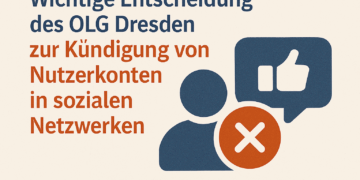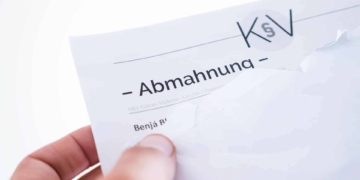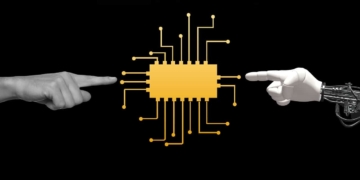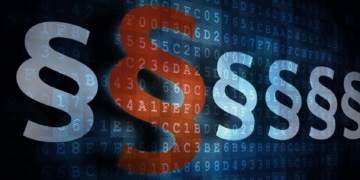The 8th Senate of the Munich Higher Regional Court ruled that a Telefonica Germany customer should receive 224,840.02 euros plus interest from the defendant, Telefonica Germany, for his “Easy Money credits” accumulated in 508 mobile communications contracts.
The plaintiff is the owner and holder of a total of 508 Loop SIM cards with Easy-Money function of the defendant. The plaintiff has accumulated a total credit balance of approximately EUR 225,000.00 on the cards via the credit balance of previous owners of the SIM cards, topping up the cards via transfers from checking accounts, topping up via purchased Loop-UP cards. In addition, he also obtained the credit by generating a credit value for each call (“easy money credit system”). In 2015, the defendant had blocked the plaintiff’s 508 cards and in February 2016 terminated the plaintiff’s contract, first with notice and later for cause.
In his lawsuit, the plaintiff defended himself against these terminations and primarily sought a declaration that the terminations were invalid. He also demanded a declaration that the credit balances on the SIM cards were to be paid out in full in the event of future effective termination of the contractual relationships. In the alternative, i.e., in the event that termination was effective and the contractual relationships were terminated, he demanded payment of the accumulated credit balance on his cards (approximately EUR 225,000.00) and damages relating to the alleged collector’s value of the SIM cards in the amount of approximately EUR 100,000.00.
The defendant had opposed the action and argued that the terminations had been possible and effective. The plaintiff was also not entitled to payment in excess of the positive balances on the credit accounts, as he had used redial apps to increase his credit and had thus violated the General Terms and Conditions and good faith.
The Regional Court upheld the action and found that the terminations of the 508 mobile communications contracts were not effective. The Regional Court therefore no longer had to rule on the claim for payment, which was submitted only in the alternative.
In response to the appeal lodged by the defendant against the judgment of the Regional Court, the 8th Senate of the Munich Higher Regional Court today ruled that the contractual relationship had been effectively terminated by the defendant’s ordinary termination. However, the Senate then granted the plaintiff’s alternative claim for payment of the accrued credit balance in the amount of 224,840.02 euros at the time of termination of the contracts, plus interest. This amount of credit was based on deposits or top-ups and also on credits generated in the Easy Money program, which were only kept uniformly in the credit accounts. The Senate is of the opinion that the defendant would have had to specifically demonstrate and prove from the outset which amount of this was attributable to its alleged misuse of the “Easy Money function”, e.g., through the use of redial apps or overlapping calls. The defendant had done this only one week before the oral proceedings and thus not in time. Since the plaintiff had permissibly disputed this late distribution, an evidentiary hearing would now be required in this regard, which would delay the legal dispute. Therefore, the late submission of the defendant in this regard should no longer be taken into account.
The Senate therefore no longer had to decide whether the plaintiff would have to raise the objection of breach of trust with regard to the Easy Money credit portions, because he had at least predominantly created these credit portions himself by means of redial apps and overlapping calls.
The Senate denied a claim for compensation for the alleged collector’s value of the SIM cards in the amount of approximately EUR 100,000.00 because the termination was lawful and there was therefore no breach of duty or tort as a prerequisite for a claim for damages.
The Senate did not allow an appeal to the BGH. The defendant who was unsuccessful in the legal dispute can therefore (only) appeal against the decision to the Federal Court of Justice (BGH) with a complaint of non-admission.




















